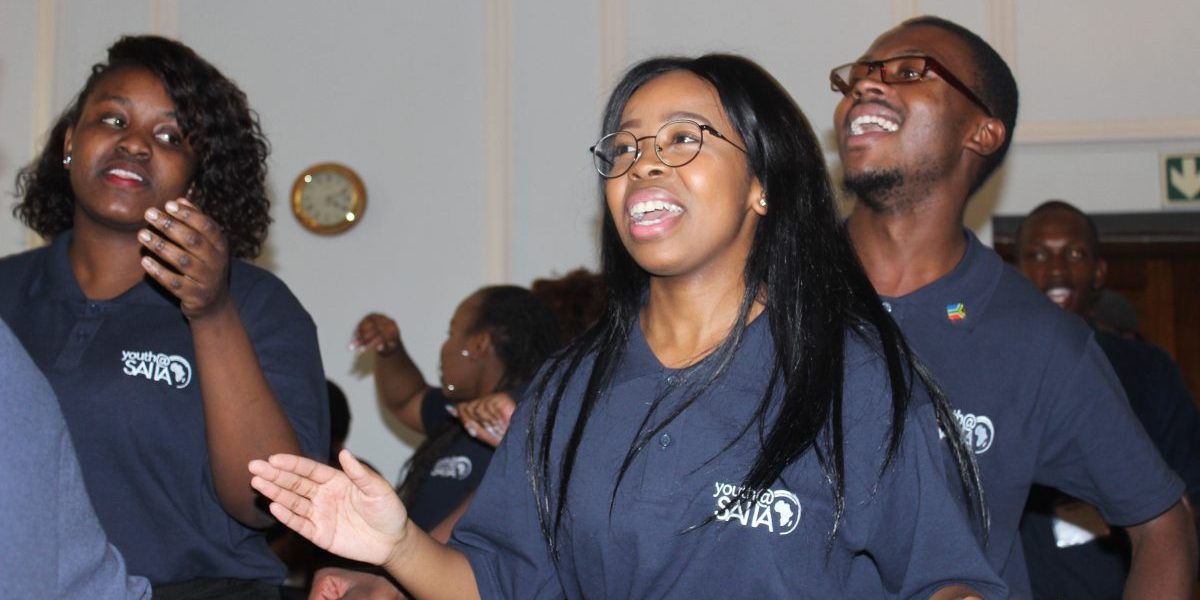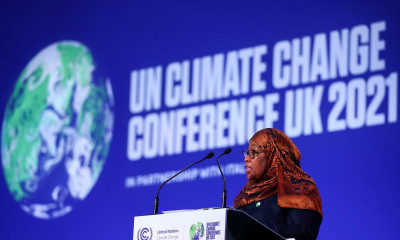The theme for the conference was “Redefining African youth participation: A path to transformative leadership”. Throughout the conference, we engaged with various stakeholders, such as the African Union African Peer Review Mechanism, UNICEF South Africa and the Embassy of Finland, to name a few, on the importance of youth inclusion in decision-making and the importance of negotiation.
As we commemorate and celebrate youth month, it is crucial for us, as young people, to call upon the government and other relevant stakeholders to increase youth participation within their work. Most importantly, it is vital that we encourage one another to become more involved in the decision-making processes of our country and in holding both ourselves and our governments accountable.
In 1976, just over 40 years ago, thousands of courageous students refused to allow the bigotry of the apartheid system to dictate their futures. The Soweto uprisings incited further international criticism of the apartheid government, which subsequently aided in dismantling the system. This courageous group of students were able to disregard their cultural differences and unite against an oppressive system, and thus it is crucial that we reflect upon the impact of youth participation within our current national challenges.
According to the UNICEF Generation 2030 Africa 2.0 Report, by 2055, Africa’s child population will reach 1 billion – 40 per cent of the global child population. As such, if governments wish to create a prosperous future for all, then they will have to begin to better understand the needs of young people and cater to these needs. In addition, this steadily increasing youth demographic highlights the importance of youth participation in bringing about radical and meaningful change.
Youth participation within policy-making is essential in developing capable leaders and strengthening democratic values. Effective youth participation entails redefining our current tokenistic view of the youth by recognising that young people are competent, important and thus deserve a seat at the decision-making table.
Transformative leadership – which was central to our negotiation sessions – seeks to ensure meaningful, inclusive change within governance and development, through encouraging greater public participation. Furthermore, it stresses the need for proactive policy-making and governmental accountability. Therefore, transformative leadership and youth participation play key roles in achieving both the United Nations’ Sustainable Development Goals and our own national targets of the National Development Plan.
The conference gave me a comprehensive understanding of youth issues, and the barriers, such as a lack of information and resources, which hinder the youth from participating in policy-making. It was incredible to see so many young people, from different backgrounds and each with different challenges, being able to unite to have their voices heard.
Our efforts culminated in the adoption of the 2019 Young Leaders Declaration which was written by the delegates and provides a guide on how National, African and global stakeholders, as well as young people, can increase and improve the quality of youth participation.
Now is the time to redefine the role of the youth within South Africa. Now is the time to understand that we, the youth, are not just the leaders of the future, but rather that we are the leaders of today. Now is the time to follow in the footsteps of the 1976 youth and to unite to enact tangible and meaningful change.







